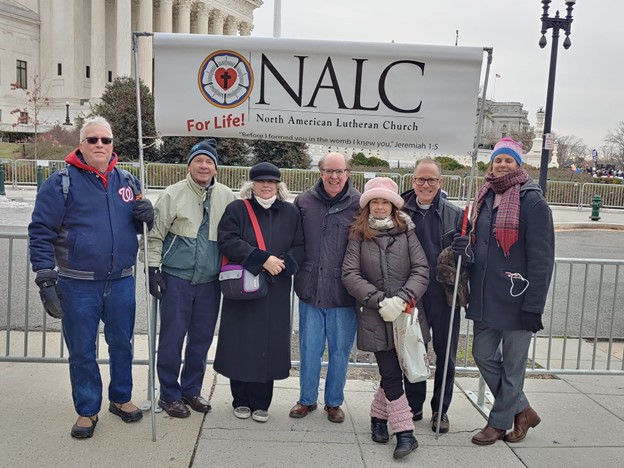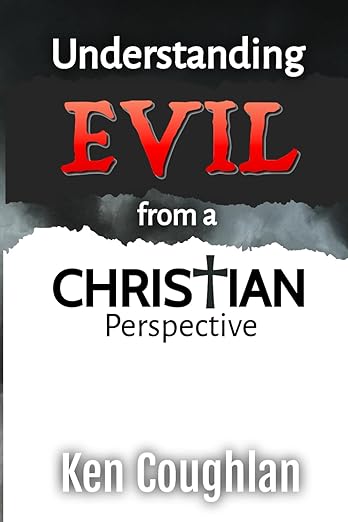Is your word any good? Like the Old Westerns, “My word is My bond.” We like to think we are people of our word. We make a concerted effort to follow through and do what we said we’d do. We want to be seen as straight-shooting, trustworthy folks who keep their promises.
When someone doesn’t keep their word to us we get irritated, don’t we? Of course! With politicians, we just expect them to break their promises. We are disappointed when companies break their policies, their promises. We are hurt when someone breaks their word. Broken promises break our trust.
The Bible speaks about “giving your word” as making an oath. Like the president and other officials take an oath, a promise, to faithfully execute the responsibilities of their office. An oath is a solemn promise, often invoking a divine witness, regarding one’s future action or behavior.
We know first, that sometimes making an oath can get you into trouble. Like when King Herod who swore an oath ended up cutting off the head of John the Baptist (Mt 14:6-10). Or the time Peter perjured himself, swearing an oath that he didn’t know Jesus (Mt 26:72).
But more realistically, we know we often break our promises. In today’s world, if something better comes along, people will do what they can to walk away from their prior commitment. We break our promises to friends, our children and our spouses. If we are painfully honest with ourselves, we admit that we are not always true to our word.
Because the LORD is a God of His Word, the church is a community where we make many promises. Every time you say the Apostle’s Creed you are making a promise that you believe in God, Father, Son and Holy Spirit over every thing else. If you were married in the church you promised to make Christ an active part of strengthening your marriage. When a child is baptized, parents make promises to bring their children to worship regularly and raise their children as Christ followers. When we do Affirmation of Baptism on the Sunday of the LORD’s baptism. you make a public profession of your faith, a promise, that you intend to continue in the covenant God made with you in Holy Baptism (LBW, p.201). We make lots of promises in the church. When we do, we are not making promises to the Church, but to God.
And we know. We break our oaths to God. Although we expect God to be faithful to us, we make excuses for why we are not. We rationalize why it’s okay to break our oath, our covenant, with the LORD.
We should know that God holds us to our word:
“When a man makes a vow to the Lord or takes an oath to obligate himself by a pledge, he must not break his word but must do everything he said.” (Num 30:2, see also Deut 23:21, Ps 116:14)
And again:
“ When you make a vow to God, do not delay fulfilling it; for he has no pleasure in fools. Fulfill what you vow.” (Eccl 5:4, see also Ps 22:25, 50:14, 66:13.14, Ezek 16:59 and Matt 5:33-37)
Yet, God makes a way for us sinners who don’t keep our word, who don’t stay true to the Word. Even though we distrust and despise his WORD, the LORD is always faithful. Even if we are faithless, he remains true. (2 Tim 2:13) Our God is a God of His Word. “For no word from God will ever fail.” (Lk 1:37) The LORD swears an oath on His own glory to be our God and to be with us (Deut 29:12-13, Deut 31:23). So, the LORD sends His Word in the Flesh. The Word and Promise of God is incarnated in Christ who willing takes up the Cross. The Word in the Flesh takes on all our unfaithfulness upon the cross to give us God’s Word, give us God’s faithfulness.
God makes a way for us oath breakers so that by trusting in the Word Made Flesh we are made faith filled. As we trust in the Promise Giver and Promise Keeper, we are empowered to walk in his Word. We become the faithful in Christ.
May the LORD’s unfailing love, your salvation, come to you, according to His promise. (Ps 119:41)
Your servant in the Gospel,
Pastor Douglas











